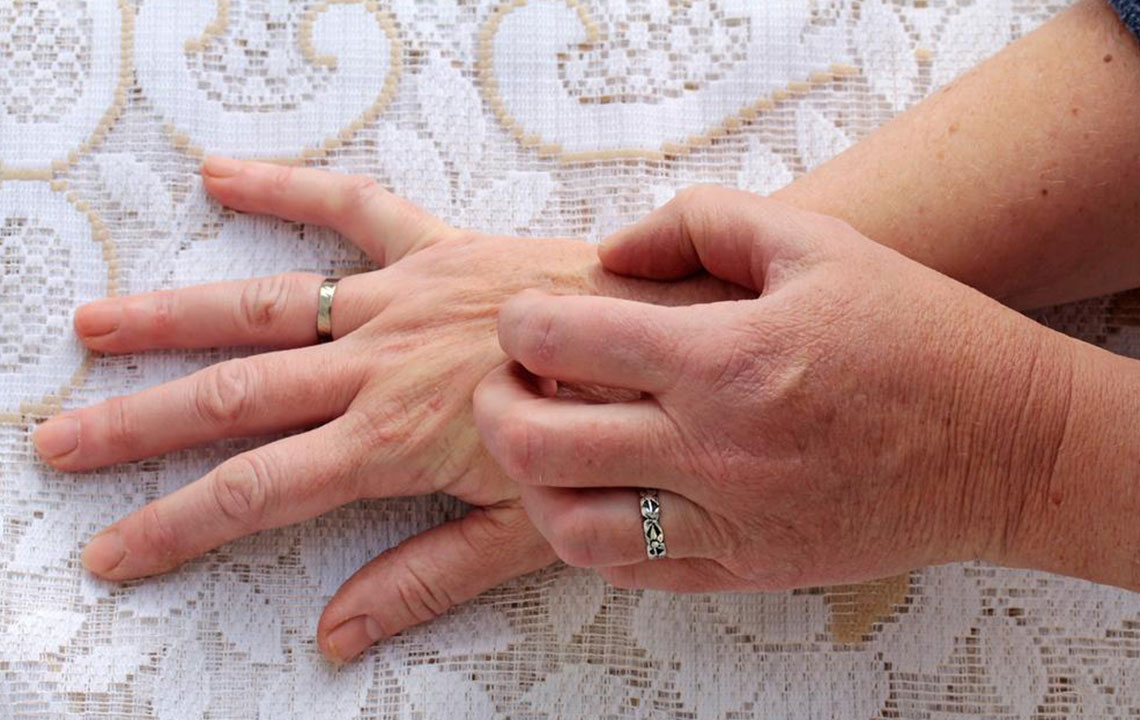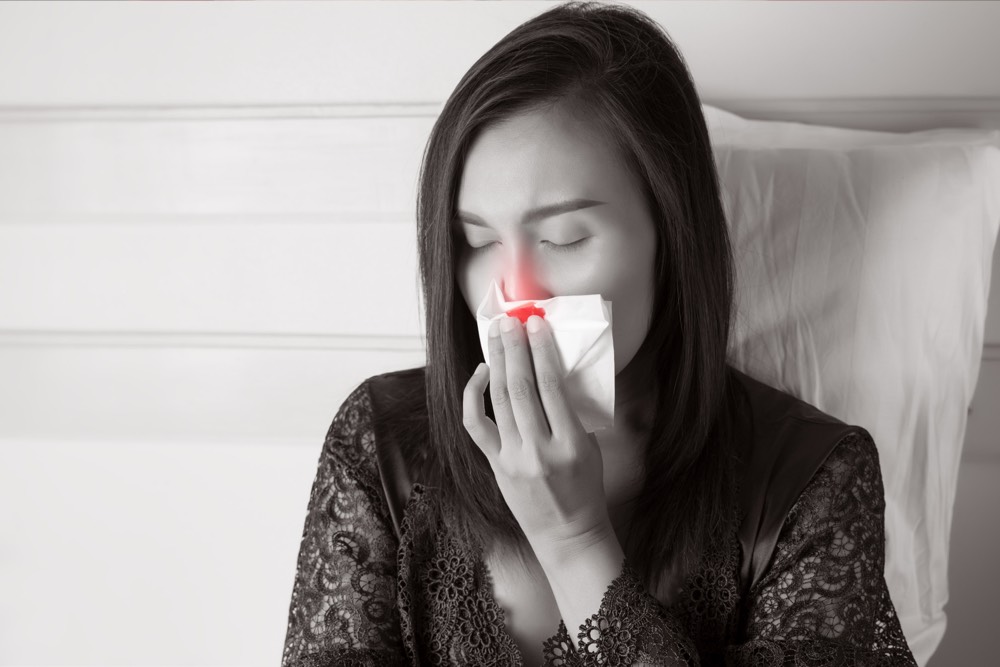Causes and Remedies for Post-Nasal Drip
Learn about the common causes of post-nasal drip and effective home remedies. From allergies to infections, discover how to alleviate symptoms through simple treatments like salt water gargles and hydration. Consult a healthcare professional if symptoms persist or worsen.

Causes and Remedies for Post-Nasal Drip
Post-nasal drip is a common ENT issue characterized by excess mucus accumulating in the throat or behind the nose. It occurs when the nasal mucous membranes produce too much mucus, which doesn't always exit through the nose but can run down the back of the throat. While not life-threatening, persistent post-nasal drip can lead to complications and may signal underlying health concerns.
This condition often results from infections, allergies, or environmental factors. The body's attempt to clear nasal pathogens or irritants leads to increased mucus production. Understanding triggers is key to effective treatment, which varies depending on the cause.
This condition can be caused by viral infections, allergies, sinusitis, or environmental factors like pollution and weather changes. Certain medications, pregnancy, spicy foods, and reflux disease can also contribute. Identifying the cause helps in choosing appropriate treatments.
For viral infections or sinusitis, over-the-counter decongestants and antihistamines are often effective. Allergic-related post-nasal drip may respond better to nasal sprays or corticosteroids. Gargling warm salt water twice daily can alleviate throat discomfort and reduce mucus buildup. Staying well-hydrated supports mucus thinning and overall recovery.
If symptoms persist despite home remedies or if blood appears in mucus, consult an ENT specialist promptly. Medical evaluation is essential to rule out serious conditions that may require targeted treatment.
Note:
This article offers practical insights into post-nasal drip causes and remedies. While useful, it should not replace professional medical advice. For persistent or severe symptoms, always seek consultation from healthcare providers. The information aims to guide better understanding but is not conclusive for diagnosis or treatment choices.










